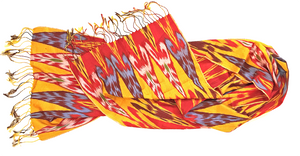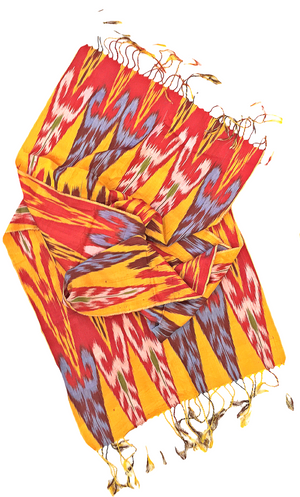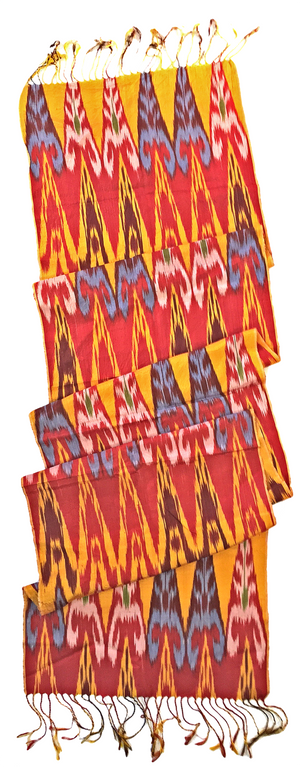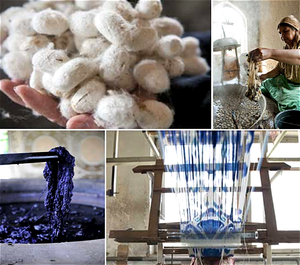FREE STANDARD SHIPPING IN CONTINENTAL U.S.FOR PURCHASE MORE THAN $100
- Home
-
Shop Collections
- BILL'S BACK WHEN
-
SIP, SAVOR & ENJOY!
-
YUMMY THINGS & TASTY STUFF
- THE GARDEN SHOP
- RELAX, RESTORE, BE PRESENT, BE WELL
-
SCARVES / JEWELRY
- CREATE. CONNECT. INSPIRE. LEARN & PLAY!
- COOL BOOKS FOR YOUNG READERS
- LOVE OUR ANIMAL COMPANIONS!
- The Garden Shop
- Book Shop
- Blog
- Our Story
- Contact Us / Policies / FAQs
- Home
- Shop Collections
- The Garden Shop
- Book Shop
- Blog
- Our Story
- Contact Us / Policies / FAQs









